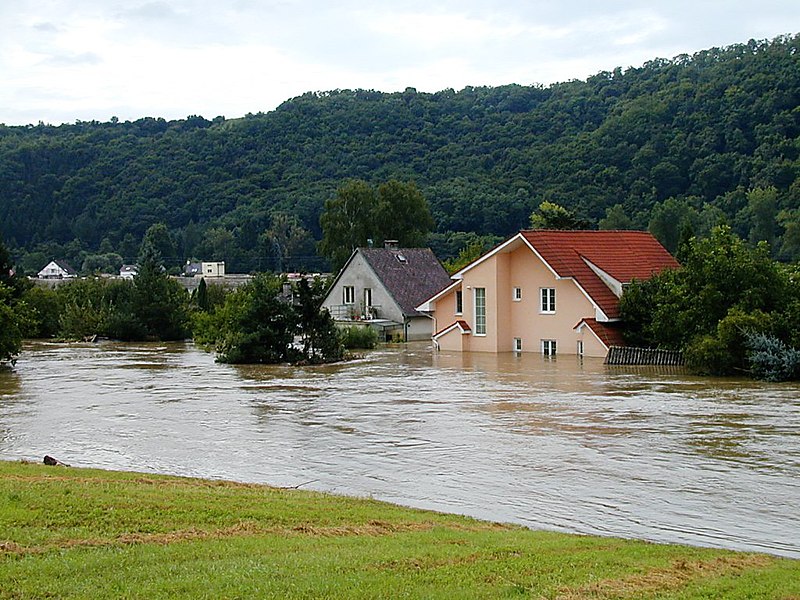
Flooding in your house could result in more than just a loss of belongings. Apart from damaging your belongings, it can destroy the house itself leaving you and your family with no place to live.
But won’t my homeowners insurance cover me against flood damage?
No.
Most people don’t realize that flood insurance is not usually included in there home owners insurance unless it is specifically asked for. Even if you do have flood insurance, it never hurts to take precautions.
Flood Tip #1. Watch your Foundation
Ensure that there is no water collecting around the house. Water should drain away from the foundation of your home. If its coming toward your home, it is only a matter of time and pressure before you experience a problem. You may need to add weeping tile or fix the slope in your driveway. Doing this will ensure that all the water drains away properly. If you can. A two percent pitch is a good number to aim for. This means that it will be graded at 1/4″ per foot.
Flood tip #2. Check the Joints and Pipes
From time to time, confirm that any joints and pipes in the home are working as they are supposed to. Confirm that no water is leaking from any areas around and below the refrigerators, washing machines, dishwashers, bathtubs and sinks, garden hoses, or any other water source. In the event that there is leakage from any hoses or pipes, work on them at once, as these types of things tend to get worse over time.
Flood Tip #3. Locate problematic areas on the roof
Despite the fact that roofs these days are built practically storm proof, there is still a possibility of them having problems from time to time. To ensure proper drainage, get rid of all leaves, twigs, sticks and debris on the roof frequently. To prevent water leaks, it is vital that you clean the downspouts and gutters as well. Its also a good idea to confirm that there is no water getting into your attic. If there is, put a stop to it right away.
Flood Tip # 4. Have an alarm installed
Installing an alarm system that detects leaks around the house will, without a doubt, save you a lot of hassle and time. These are very beneficial especially when placed in the attics, basements and other low traffic areas. These devices can also very beneficial for travelers and cottage dwellers. They come in two kinds of leak detection systems; passive leak detection systems and active leak detection systems
Passive leak systems are simple to use and will just sound an alarm the moment they detect water. All in all, to ensure effectiveness of the alarm, you ought to respond to it almost immediately.
Active leak systems on the other hand shut off water or a specific appliance to the home when it detects a leak owing to the fact that it contains a shut off valve. You can have these installed either in the whole house or in just a part of the house. It is possible to have them monitored from central monitoring station to ensure the best protection even when you are not at home.
Remember, Flood happen. They cause wonderful things like mold and damage almost anything in their path.
Check your insurance policy to make sure you have coverage for a flood, and take all precautions.